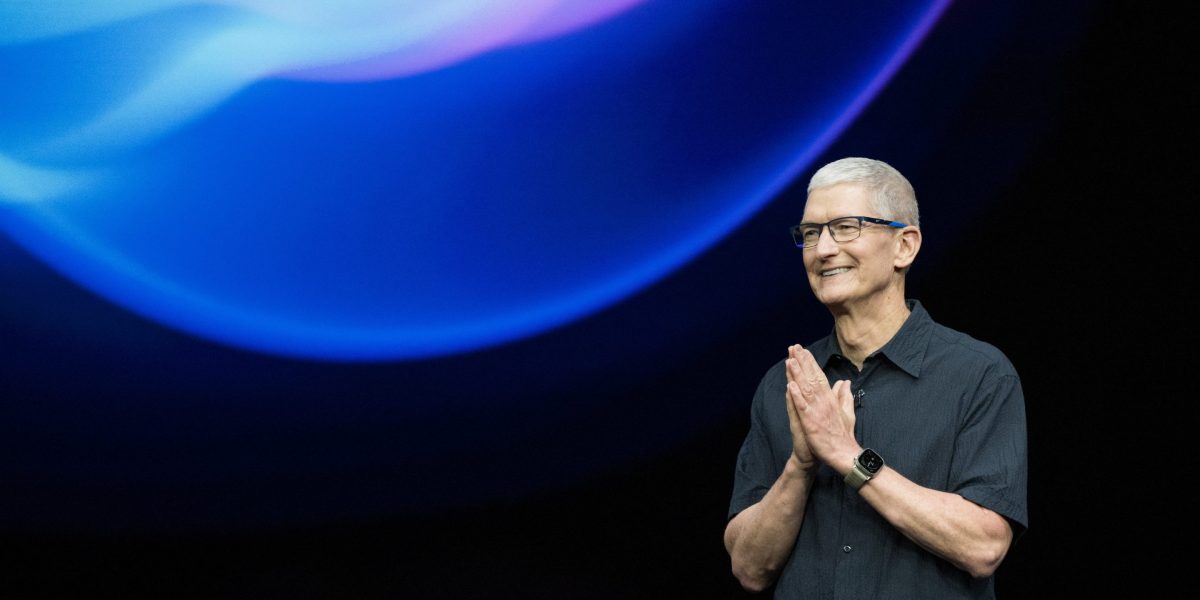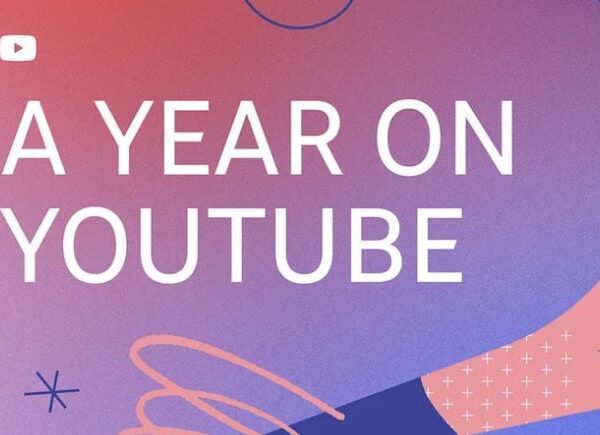

During the much-anticipated “Glowtime” event, Apple unveiled its new products, including the latest iPhone, Apple Watch, and AirPods. But what the tech giant demonstrated was a renewed focus on health, boasting two “groundbreaking” features on the new Apple Watch and AirPods Pro 2: sleep apnea detection and hearing aid features.
“These new features expand across products, bringing informative and powerful ways to support users in their sleep and hearing health for conditions that impact billions globally,” according to Apple’s press release.
If you’re intrigued by whether Apple’s new tech can help you optimize your health, here’s what you need to know about how the new features will work.
Sleep apnea detection
Sleep apnea is a sleep disorder that causes breathing to repeatedly stop and start, according to the Mayo Clinic. It can cause you to snore loudly, not feel well-rested even after a full night of sleep, and may lead to serious health problems such as high blood pressure and cardiovascular issues.
Apple hopes to help users of its newest Apple Watches (Series 10, Series 9, and Ultra 2) recognize if they may have sleep apnea through a feature called Breathing Disturbances.
It works by using the accelerometer in the watch, which detects small movements at the wrist that could be signs of interruptions to normal respiratory patterns during sleep, Apple explains in the press release. Every 30 days, users can check the Health app to see breathing disturbance data, which notify you with consistent signs of moderate to severe sleep apnea. After that, you can decide whether or not to talk to your doctor about next steps to address it.
The breathing disturbances feature can double as a metric of how restful your sleep is, Apple says. Sleep quality can be impacted by things like napping too late or too long, alcohol or caffeine consumption, or racing thoughts. The Health app will show nightly breathing disturbances picked up by the Apple Watch, which can reveal trends over time.
You can export a PDF of your breathing disturbances data to show your doctor, especially if you’re concerned about sleep apnea.
Apple says the sleep apnea notification algorithm was developed using advanced machine learning technology paired with an extensive data set of clinical-grade sleep apnea tests. Apple then validated the feature in a clinical study, in which every participant identified by the algorithm was found to have at least mild sleep apnea.
“This is a major step forward in improving public health,” Dr. Sairam Parthasarathy of the University of Arizona Health Sciences Center for Sleep, Circadian, and Neurosciences’s professor and director in Tucson, Arizona, said in the release..
The U.S. Food and Drug Administration just gave clearance to Apple’s sleep apnea detection devices—a step toward approval.
‘A clinical-grade hearing aid’
Hearing loss is frustrating for anyone, especially when you’re trying to use hearing aids that can be counterintuitive or uncomfortable. With the new generation of AirPods Pro, users can employ a hearing aid capability supposed to be on par with over-the-counter hearing aids, Apple writes, best for people with mild to moderate hearing loss.
After taking Apple’s five-minute hearing test at home with the AirPods—found in the Health app—the headphones’ technology can transform “AirPods Pro into a clinical-grade hearing aid,” according to the press release It takes into account your personal hearing test results, enabling “personalized dynamic adjustments” based on your hearing needs in the environment you’re in to boost audio in real time.
The hearing aid feature can also be set up with an audiogram from a professional.
Apple says people with little to no hearing loss can benefit from the hearing test as well, as the test profile will enable specific audio adjustments at individual frequencies.
“Hearing health is a cornerstone of overall wellbeing. Protecting and preserving our hearing enhances our quality of life both in the short-term and long-term,” said Rick Neitzel, professor at University of Michigan School of Public Health and principal investigator of the Apple Hearing Study.
For more on health tech:
The Broadsheet: Covers the trends and issues impacting women in and out of the workplace and the women transforming the future of business.
Sign up here.















